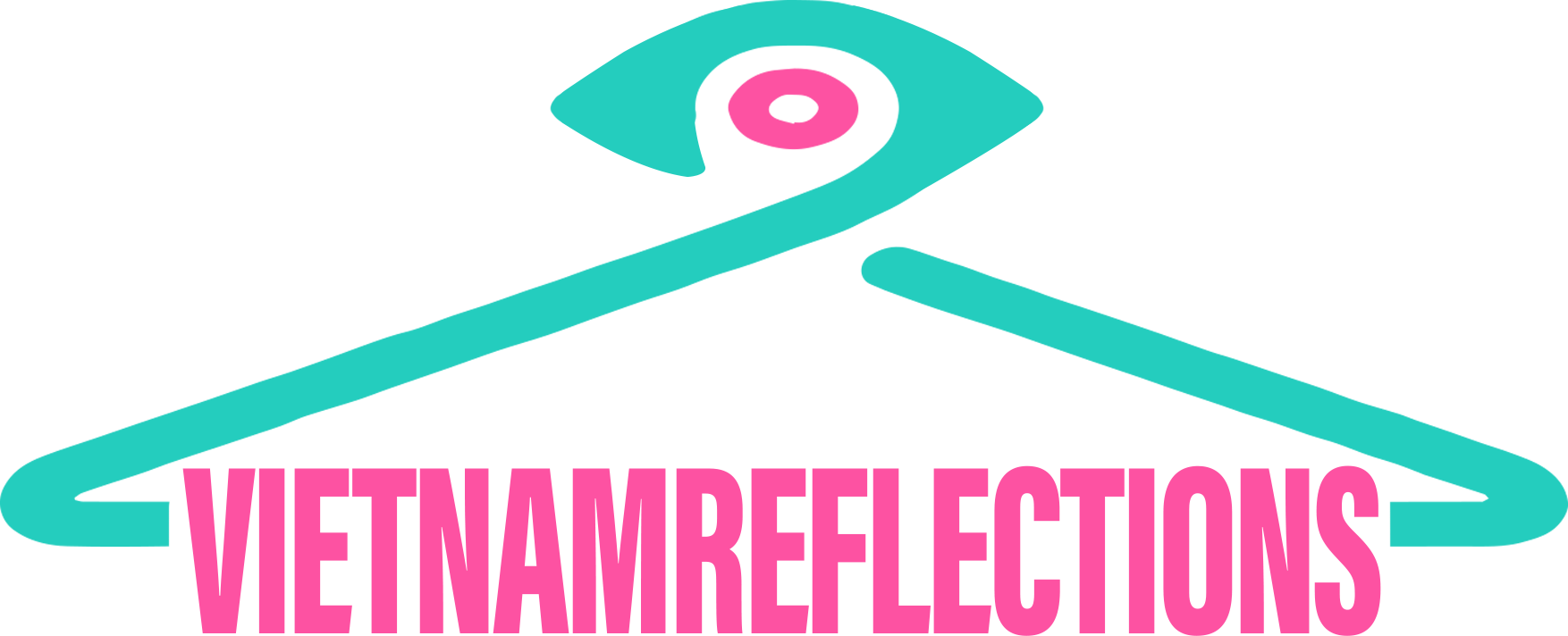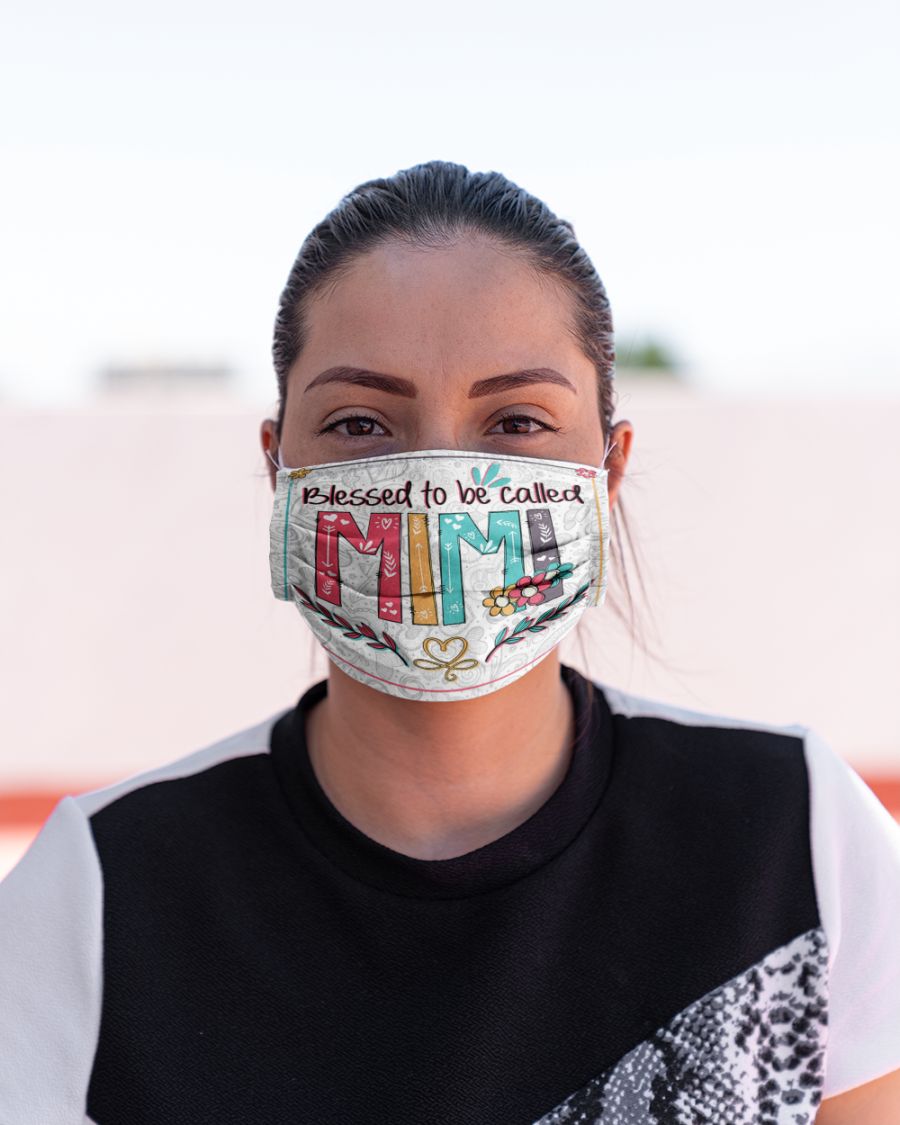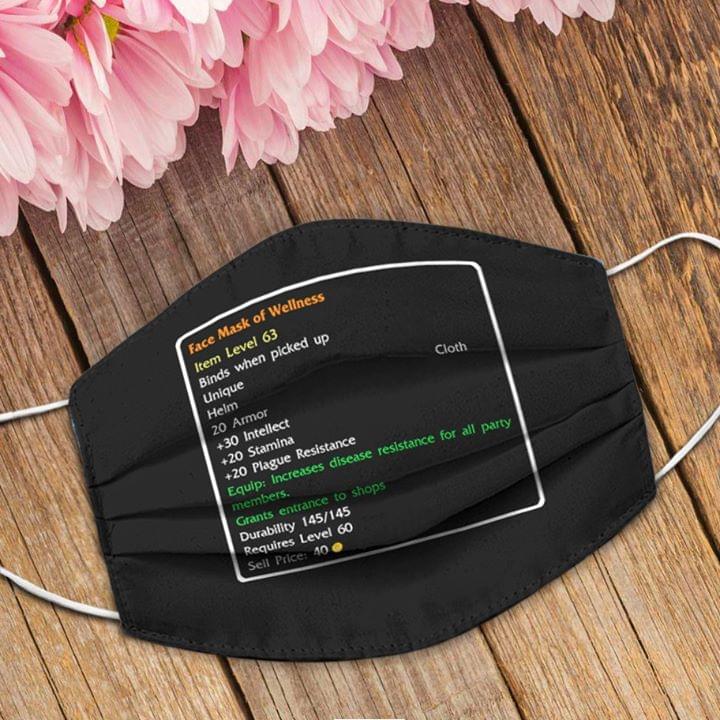Where to buy : MINZY Black Girl Swimming and She Lived Happily Ever After Poster
“in lots of approaches,” she talked about, “‘The Sum of Us’ is my journey home to the insights my mom had a long time ago about race and racism and our society.”
When McGhee turned into born, in 1980, her family unit lived in the center-class South side regional of Chatham. From an early age, she wondered about issues. Like why individuals have been living on the pavement in the downtown netherworld of lower Wacker power. And why a kid in her classification acquired evicted and his household’s stuff turned into set out in the street. And why illness gave the impression to stalk so many families.
“I had a sense that the world turned into very harsh for americans in our neighborhood,” she mentioned. “even so, there become a fierce satisfaction in being Black.”
McGhee’s mom, Dr. Gail Christopher, become a holistic health care practitioner who occasionally took her daughter to work. That intended journeys to the Robert Taylor buildings housing challenge, or to her workplace in Hyde Park. From her mother, McGhee heard concerning the scarcity of jobs for americans on the South aspect, and the dangers of lead paint, and the way issues rippled into different complications.
“My mother always pointed me toward the structural causes for the sickness we have been seeing, the poverty we had been seeing,” she said. “She by no means let me blame people, however taught me to ask: Why is this occurring?”
When McGee changed into 8, several years after her folks divorced, her mother moved the family to the suburb of Evanston.
“I noticed an entirely diverse relationship to funds,” she stated. “chums who had fridges crammed with snacks and meals, every little thing that become on the advertisements.”
by the point she entire Yale, she moved in a extremely different world. On the East Coast, she pointed out, Black neighborhood feels “thin,” as antagonistic to the “thick” Black subculture of Chicago. However the education from her mom and her place of birth stuck along with her.
McGhee commonly uses the observe “journey” to explain her thinking. A part of her journey was to marry a person — her best friend from excessive college — whose father changed into white and whose mother changed into an immigrant from Pakistan, that means her children would have grandparents who were Black, white and South Asian.
Her marriage is only a sentence in the e-book, but on the mobilephone she talked about she covered it as a “revelation of our normal humanity.”
On her analysis event, McGhee traveled around the nation to remember how race infuses questions of “belonging, competition and status,” and how restrictive policies aimed at Black individuals can additionally damage white people.
for example, she went to 1st viscount montgomery of alamein, Alabama, where in the late Nineteen Fifties, metropolis leaders drained a public swimming pool rather than combine it, leaving every person, Black and white, with out the public pool. Many different cities, North and South, did the same.
via her trips and interviews, she sophisticated a concept she calls “racial zero sum.”
“The zero sum is a extremely old story that tells americans that there’s an us and a them and progress for them has to come at our rate,” she said. “And the racial zero sum tells white american citizens that the biggest obstacle to their development is racialized others — Black individuals, brown americans, immigrants — and that they should still resent the rest that might improvement individuals of color despite the fact that it could also benefit them.”
That considering has became many white americans far from govt courses that might enhance fitness care, wages and school funding for all.
“It convinces white americans to select their race over their classification,” she said. “by way of cleaving the working classification in half — or thirds — it diminishes the collective vigor of the working class to exchange the suggestions.”
McGhee chronicles how the racial zero sum reaches lower back into the times of slavery, when filthy rich plantation homeowners had no incentive to make investments of their communities. That they had what they needed — free labor. Meanwhile, terrible white people have been left with a sense of social superiority, but shabby wages, faculties and roads.
once slavery changed into abolished, zero sum considering persevered to thrive.
“in the nineteenth century,” she writes, “employers’ skill to pay Black laborers a fraction of white wages made whites see free Black individuals as threats to their livelihood. In the early twentieth century, new immigrants were introduced to this aggressive dynamic.”
Even the civil rights era of the Nineteen Fifties and ’60s wasn’t unalloyed growth. Once Black americans had more access to public items — colleges, swimming pools — white support for these things diminished. Many white american citizens, fueled by white politicians, turned towards government-funded programs for the “unfit.” never mind that these programs — faculties, fitness care — might help white people too.
On her ebook experience, McGhee met tons of of people. One changed into a white man in Texas, who talked to her of how an absence of social solidarity amongst americans of diverse hues harmed his neighborhood. His remark inspired her to coin the term “solidarity dividends.”
“If we had extra of a sense that we’re all in this collectively,” she noted, “if we may be a part of across strains of race, we might have a higher minimal wage, better funded colleges, family unit go away and elder care, better air and water.”
Visit our Social Network: Pinterest, Blogger, and see more our collection.
From: Vietnamreflections store






